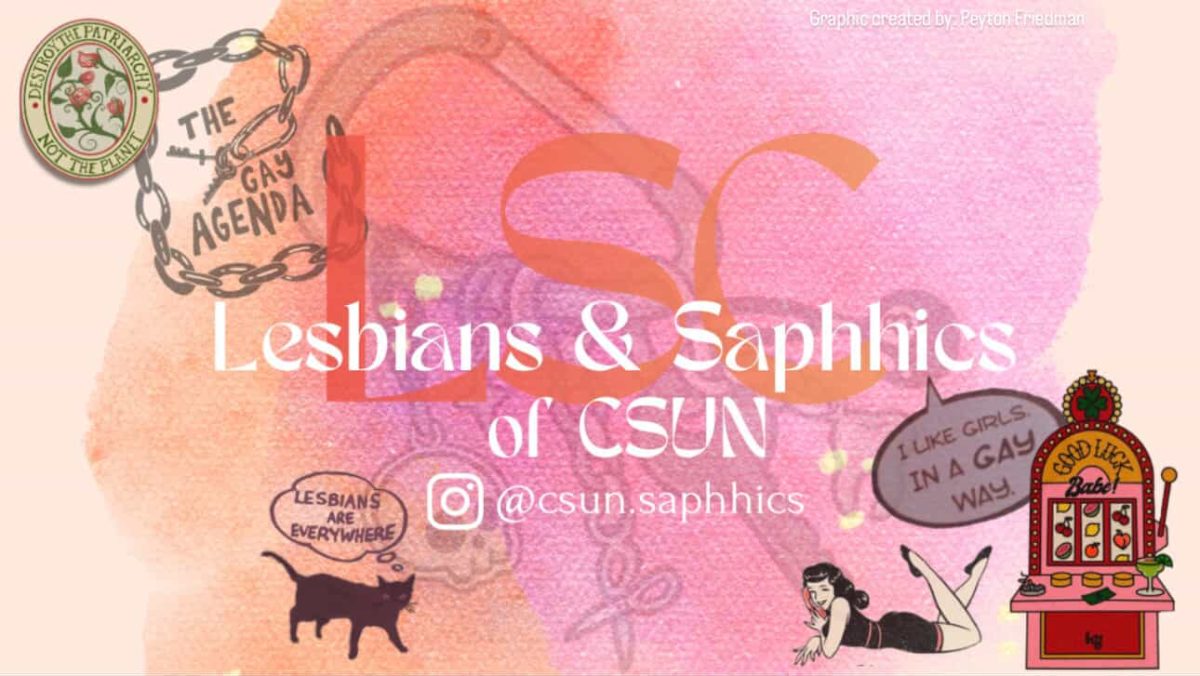The Civil Discourse and Social Change initiative honored keynote speaker Rodolfo Acuña, professor and founding chair of the Chicana/o studies department, at the Grand Salon Monday evening as he and fellow activists spoke about the importance of ethnic studies in the education system, as well as its role in immigrants’ rights.
Acuña set the landscape for the evening by describing the social and political conflict that has raged through the educational discourse in Tucson, Arizona.
Arizona passed SB 1070 on April 23, 2010, a Senate bill that requires all immigrants to produce documentation whenever requested by a government agent. HB 2281, a new House bill that prohibits schools from providing classes that, among others, “are designed primarily for pupils of a particular ethnic group, advocate ethnic solidarity instead of the treatment of pupils as individuals,” was also passed in Arizona on May 13, 2010.
“Mexicans had to take a separate bus, go to a separate movie theater and go to separate schools,” said Acuña, whose mom was from Tucson and whose family has been there since 1770. “When I went back into the 1990s, nothing had changed.”
“You should all learn about Arizona because Arizona is coming to California,” Acuña said.
During a video series presented during the lecture, about 200 students of the Tucson Unified School District and part of a student organization called “UNIDOS,” Spanish for united, fought back against proposed legislation to change the status of Mexican-American studies classes in their high school from core credit classes for graduation to electives, which would leave the classes more vulnerable to budget cuts.
Students took over a board meeting that was charged in deciding the fate of their ethnic studies program at the high school. Although there were about a dozen arrests and backlash from the school board, students chained themselves to chairs and protested outside the school and city hall, chanting, “Our education is under attack, what do we do? Fight back.”
Speaker Pedro Trujillo, senior Chicana/o studies major mirrored the student activism at Tucson Unified School District. Trujillo and fellow activists organized a trip to Arizona, where they were committed to showing their support to undocumented students in the state.
“Undocumented students graduate from college and have a degree and can’t use it,” Trujillo said. “That identity, that feeling, that fear stays with you because we’ve internalized it for so long.” Together, speaker Rocio Leal, advisement and retention coordinator, is a founding member of CSUN’s Dream Alliance, an organization dedicated to helping undocumented students achieve their goals and providing knowledge to the community.
“This is not a Latino issue at all — it’s also for other races,” she said, giving an example of undocumented students from China, Africa and the Philippines. “Our staff and faculty are not well-informed. If we had equality, we wouldn’t have these groups, this committee.”
Speaker Jose Luis Benavides, journalism department chair said, “we’re trying to make the institution accountable to the students. We want CSUN to come out of the closet about AB 540 not only because it is right, but because it is the law.”
The AB540 is a California initiative that allows undocumented students to pay in-state tuition at California colleges while protecting their identity as being an undocumented student.
“Undocumented, unafraid, unapologetic — that’s hardcore,” Trujillo said. “Now I can say it without fear.”





